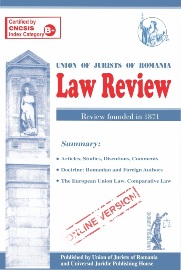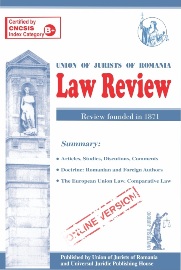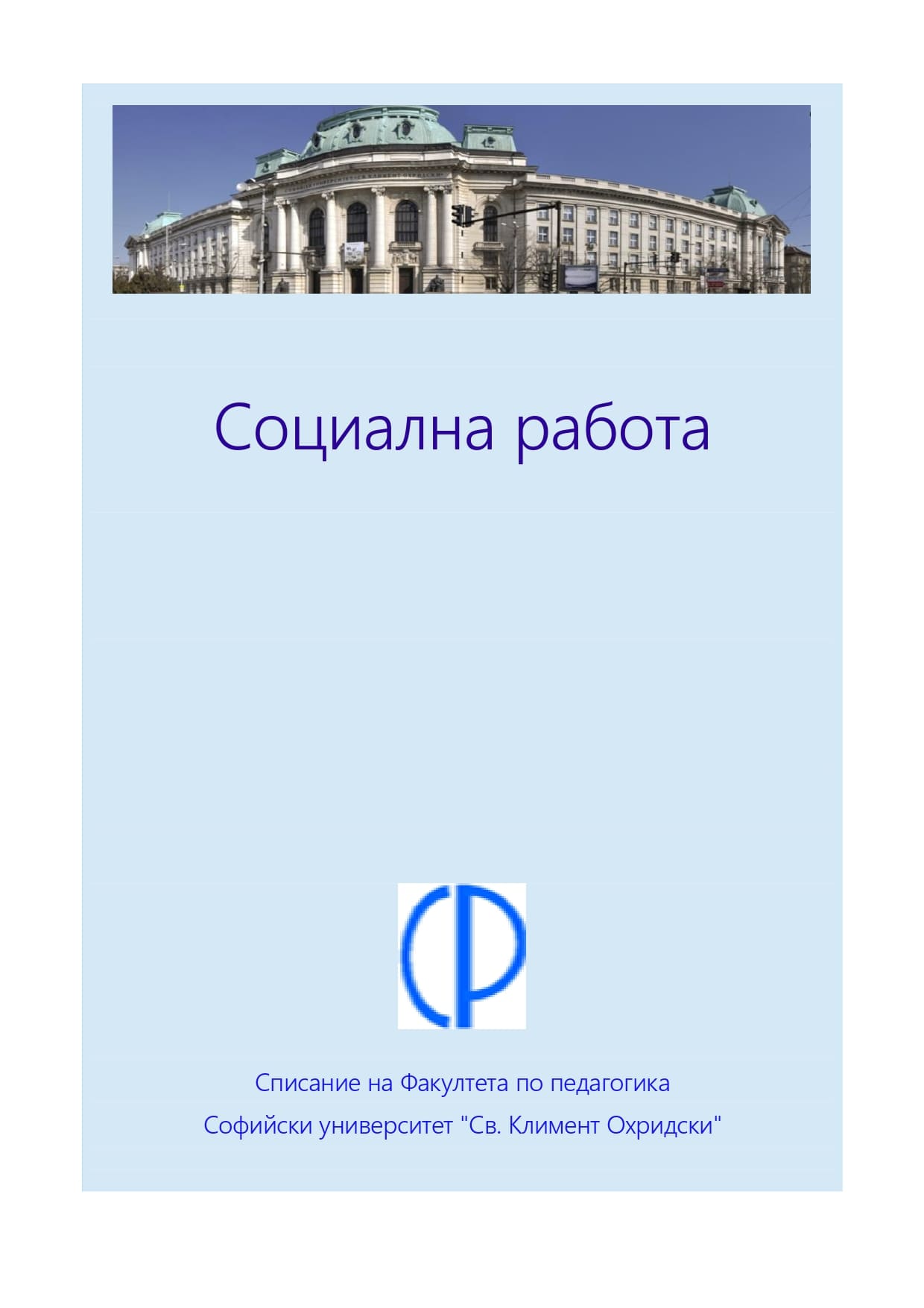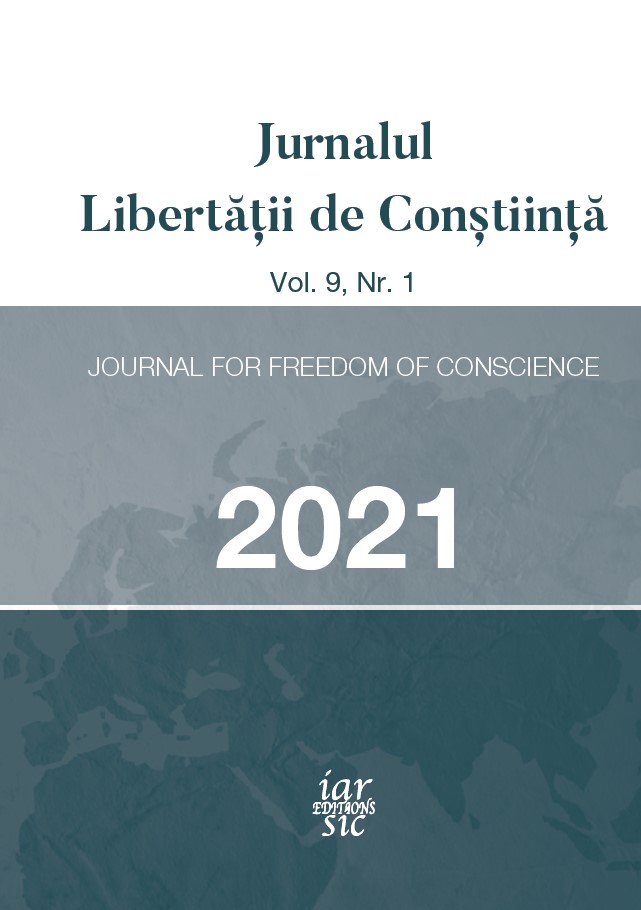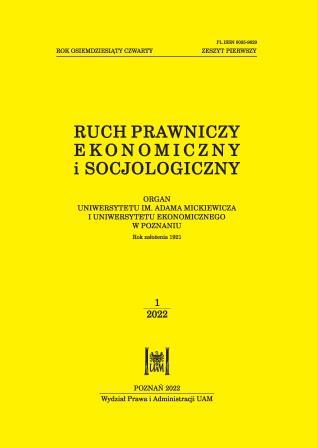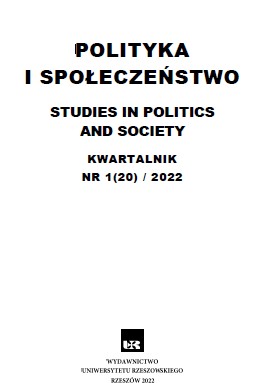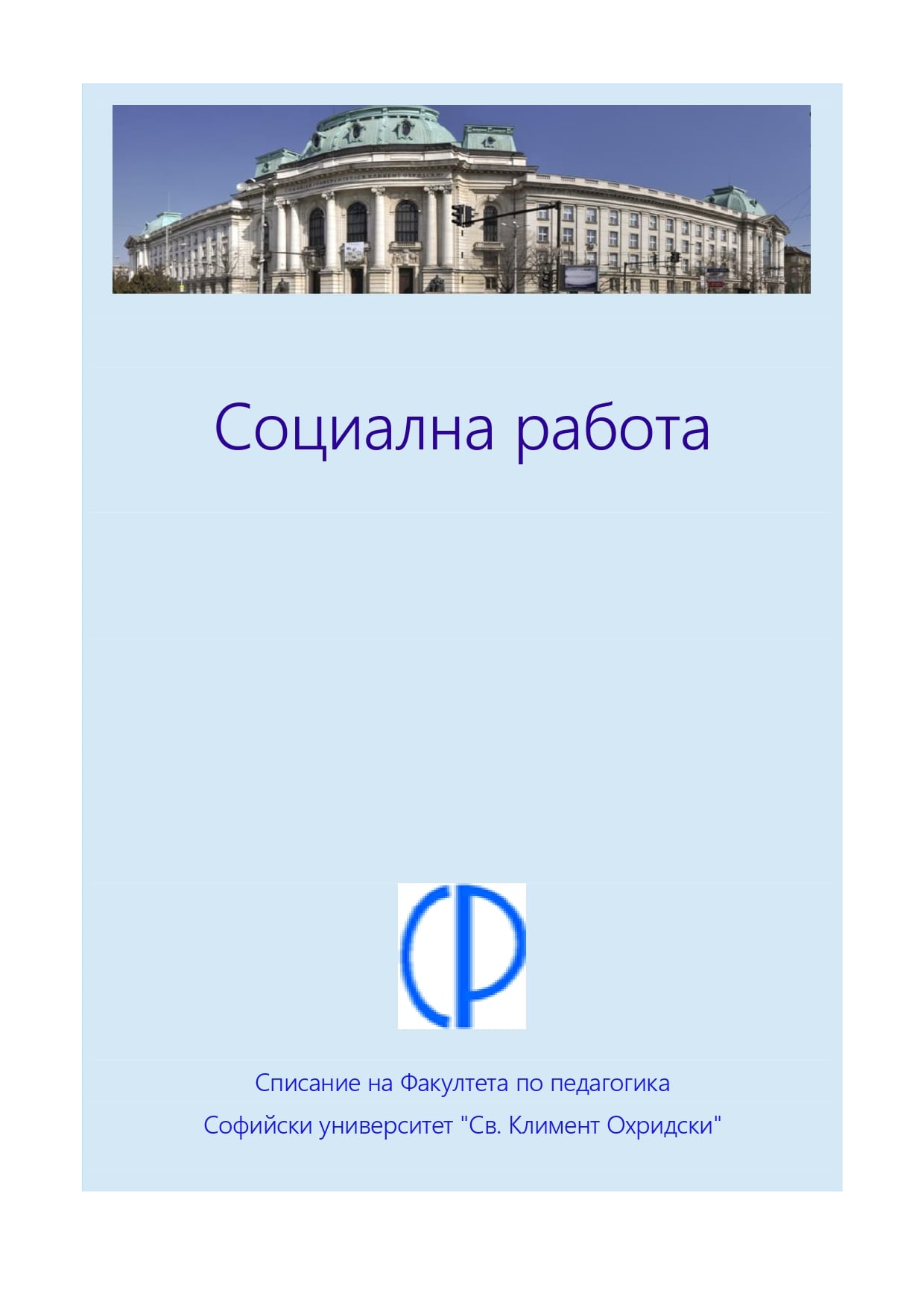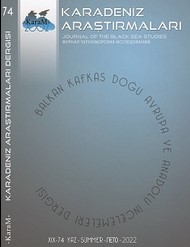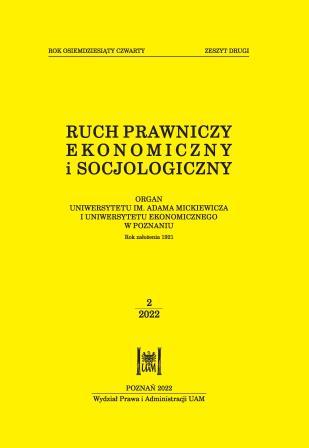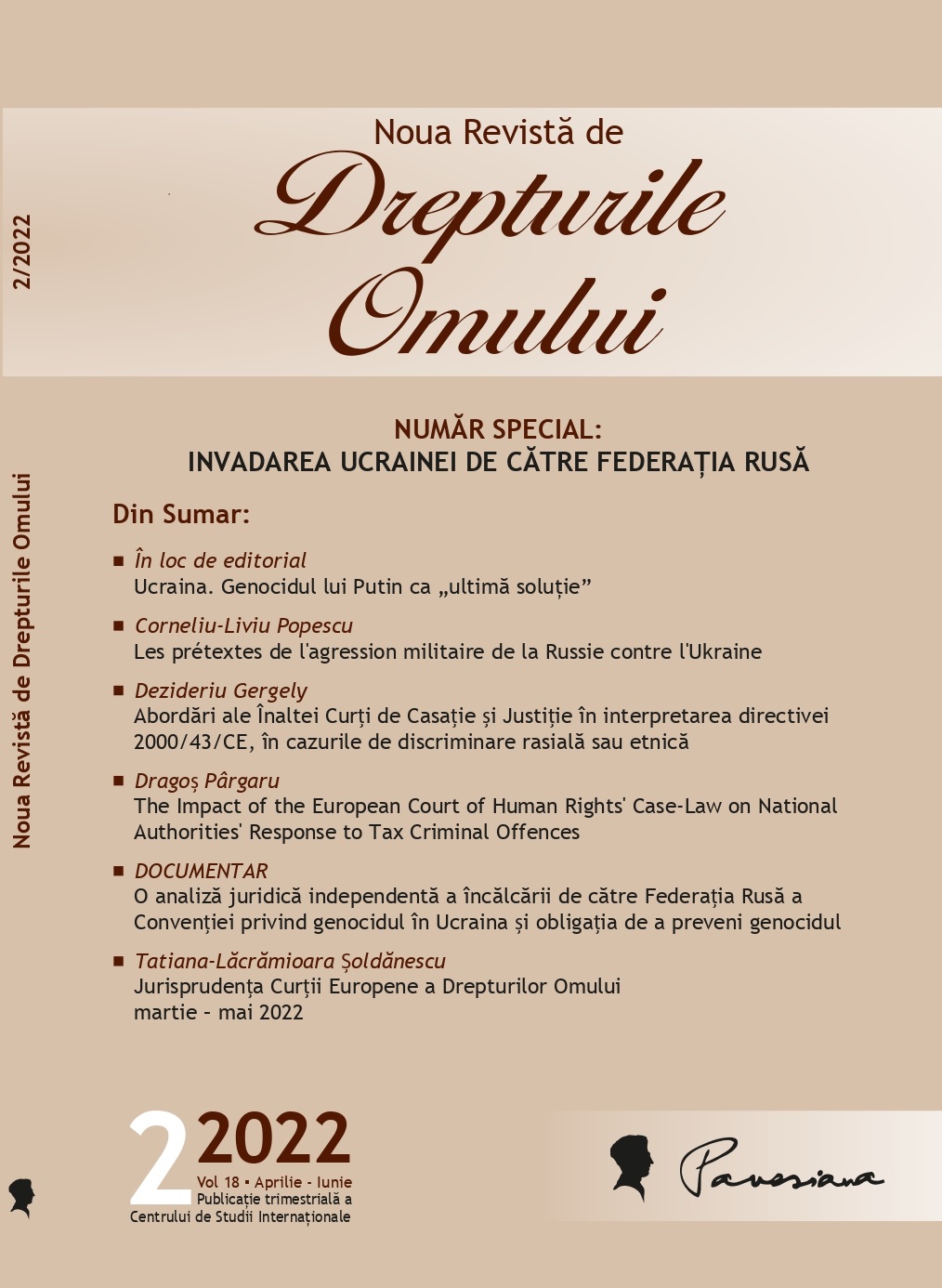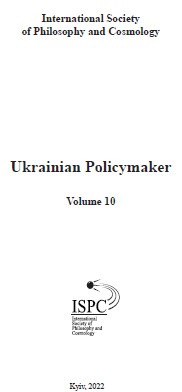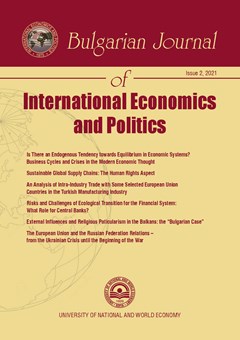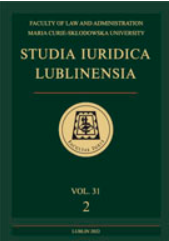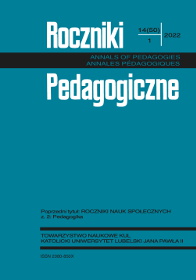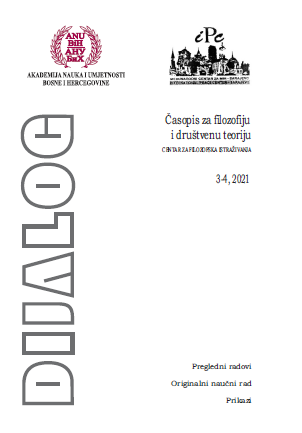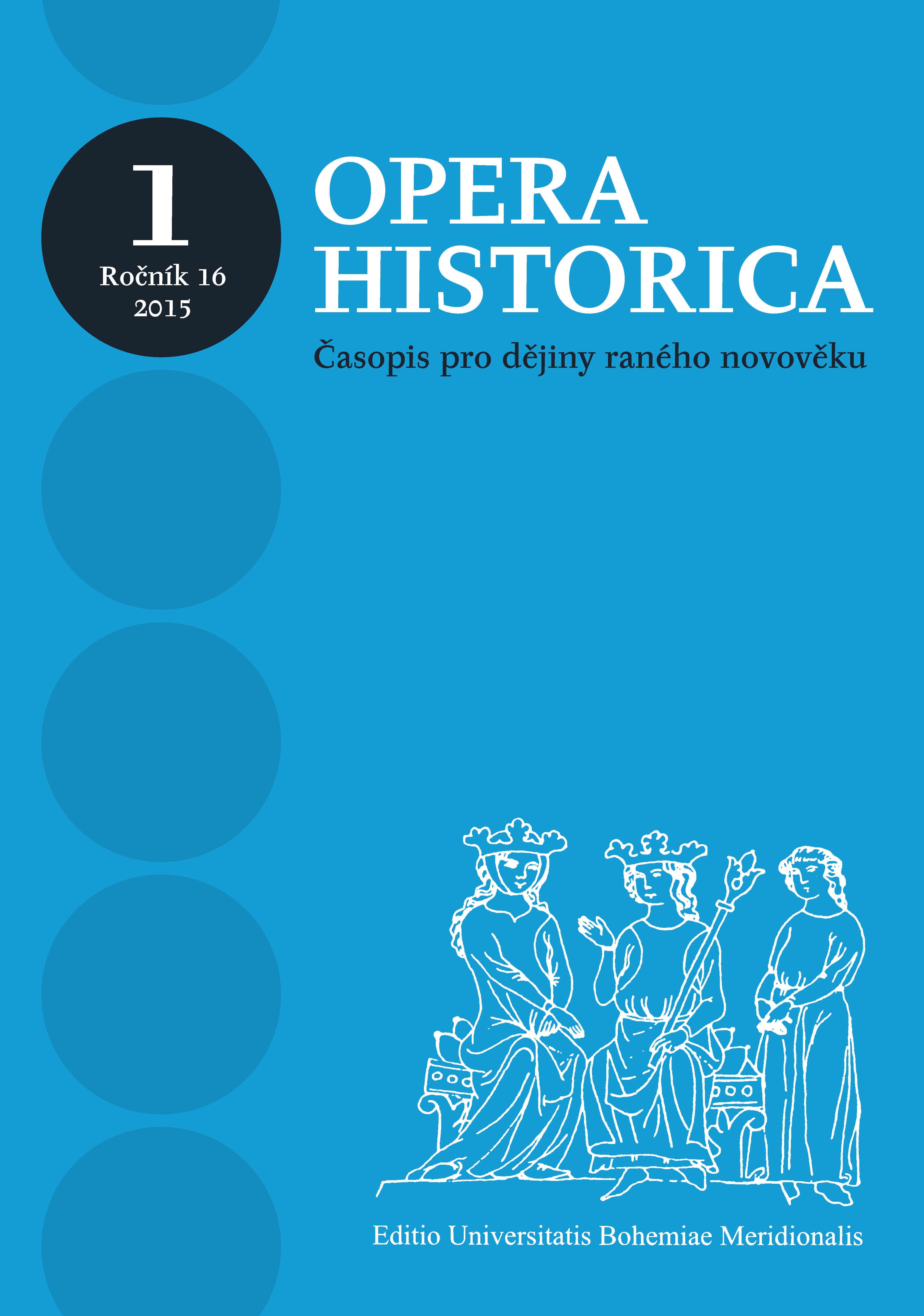
How to Do Things with Rights?
Based on Dan Edelstein’s fascinating theses, Emmanuelle de Champs explores the status of eighteenth-century declarations as performative documents and the ways in which ideas of rights circulated between the French and the English-speaking worlds. She agrees that the impulses of the Declaration of 1789 were elaborated during the Revolution and even during the 19th century, but recalls that their normative status in their own age was questioned. Emmanuelle de Champs explores critiques which grew from the Tory heritage of England, where she includes Jeremy Bentham, Edmund Burke or Samuel Johnson. In the critical responses to the French Declaration, Bentham basically treated rights as fictious entities which should not be backed by any legal sanctions. These thinkers questioned what Dan Edelstein calls the ‘preservation regime of human rights’. Emmanuelle de Champs approvingly follows Edelstein’s attempt to show how the idea was disseminated in France before 1789, but asks whether it would not be better to follow not only the Encyclopédie and Diderot but also the periodical press. She suggests that this was also the channel through which British republican ideas were disseminated in France.
More...
